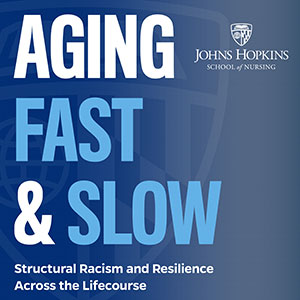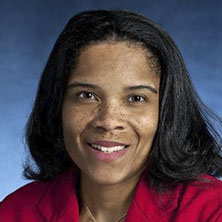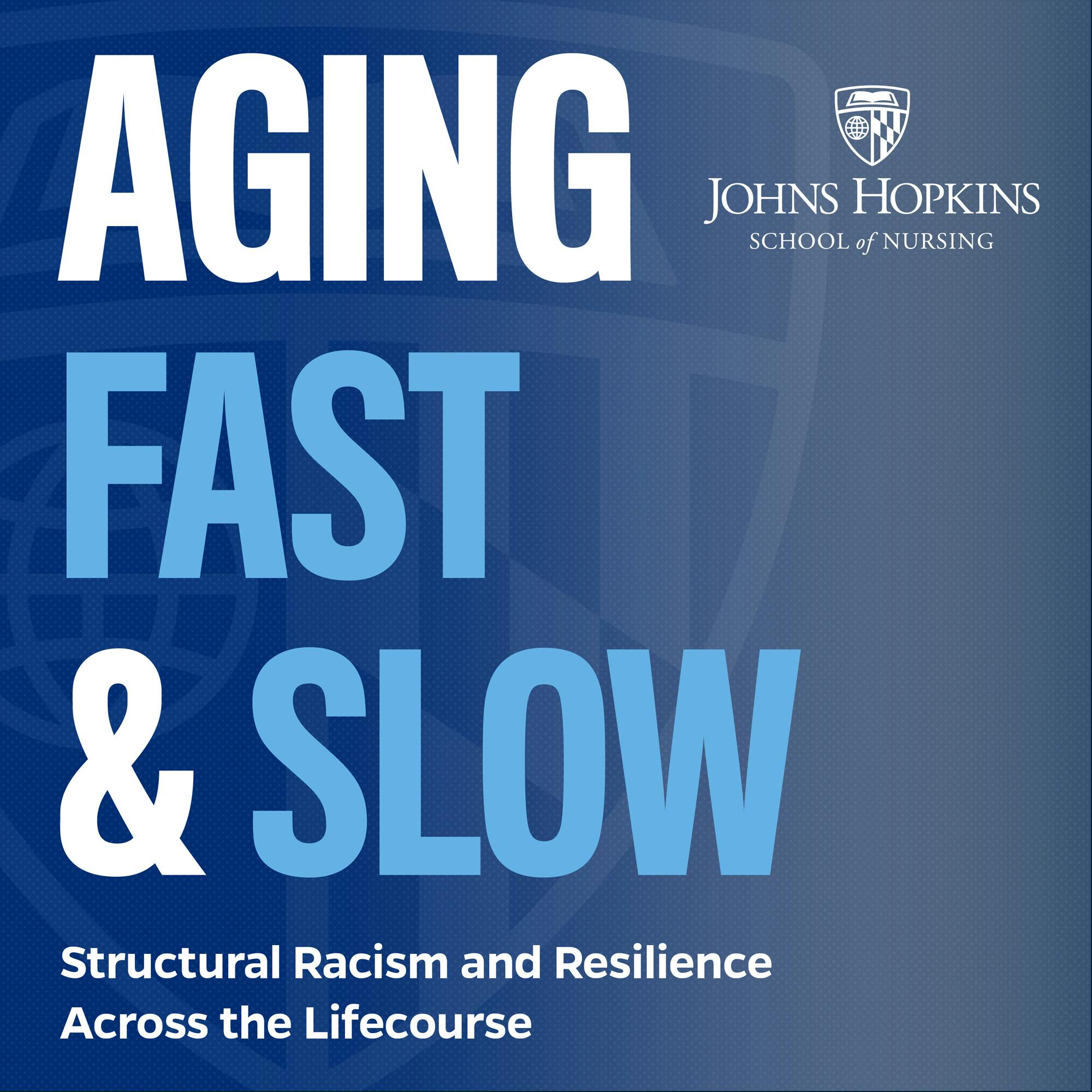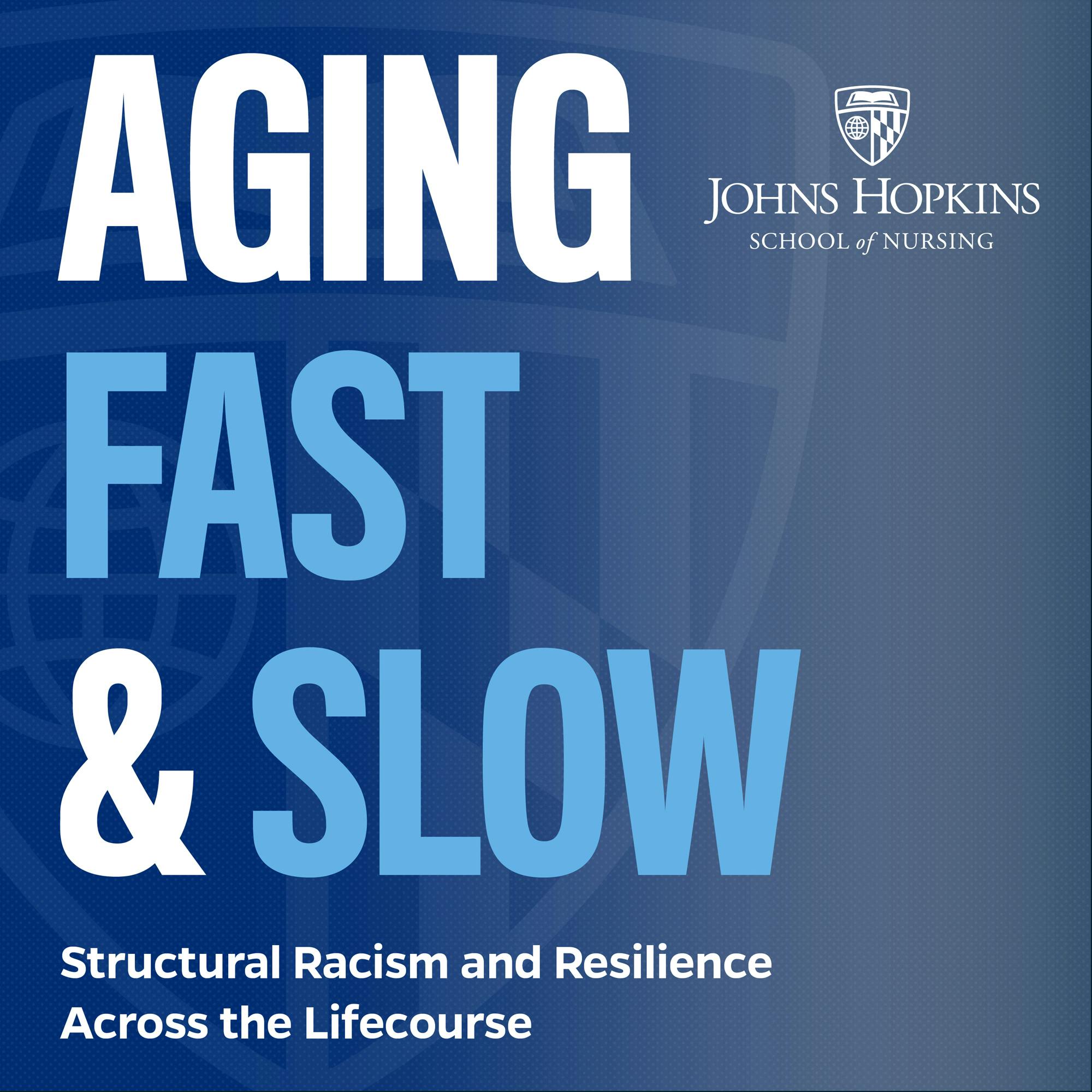Conversations on Structural Racism and Resilience across the Lifecourse
Tune in as we engage cutting-edge scientists, policy experts, and thought leaders to better understand structural discrimination, resilience, and the impact on aging across the lifecourse. The podcast series features conversations with experts to explore the health disparities caused by structural discrimination and discuss programs and policies that aim to move the health equity needle. If you have guest suggestions, reach out to us at [email protected].

View Episodes and Subscribe
Subscribe Today
Apple Podcast | Spotify | Pandora
Hosts

Sarah L. Szanton, PhD, ANP, FAAN researches ways to advance health equity through policy-relevant measurement and intervention. Szanton is the Dean and Health Equity and Social Justice Endowed Professor at the Johns Hopkins School of Nursing. Her three streams of research are on racial discrimination and resilience, developing ways for older adults to live independently as they age, and policy solutions for financial strain. She has received numerous honors for her work, including an NIH Pioneer award, the Heinz award and National Academy of Medicine membership.

Deidra Crews, MD, ScM, FASN, MACP researches ways to mitigate disparities in the care and outcomes of chronic kidney disease. Crews is a Professor of Medicine at the Johns Hopkins University School of Medicine and holds faculty appointments with the Center on Aging and Health and Center for Health Equity, where she is Deputy Director. Her research program aims to advance equity in kidney disease and hypertension outcomes by focusing on social drivers of health inequities. An elected member of the American Society for Clinical Investigation, Dr. Crews has received numerous awards for her research contributions, including the 2018 Johns Hopkins University President’s Frontier Award given to a faculty scholar on the cusp of transforming their field.








